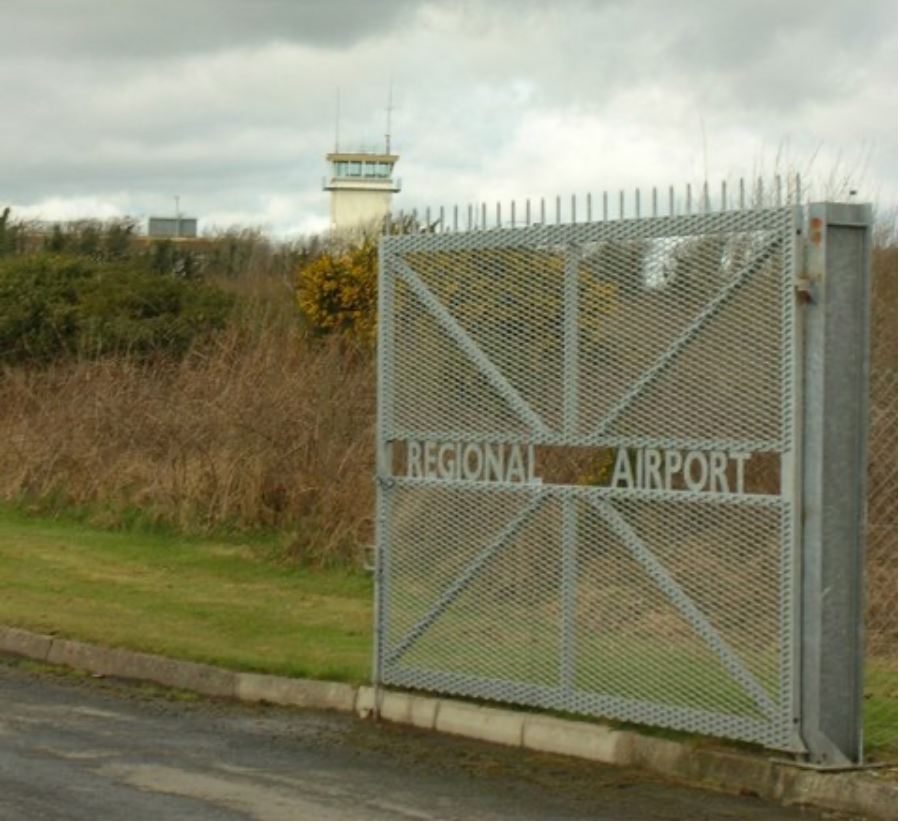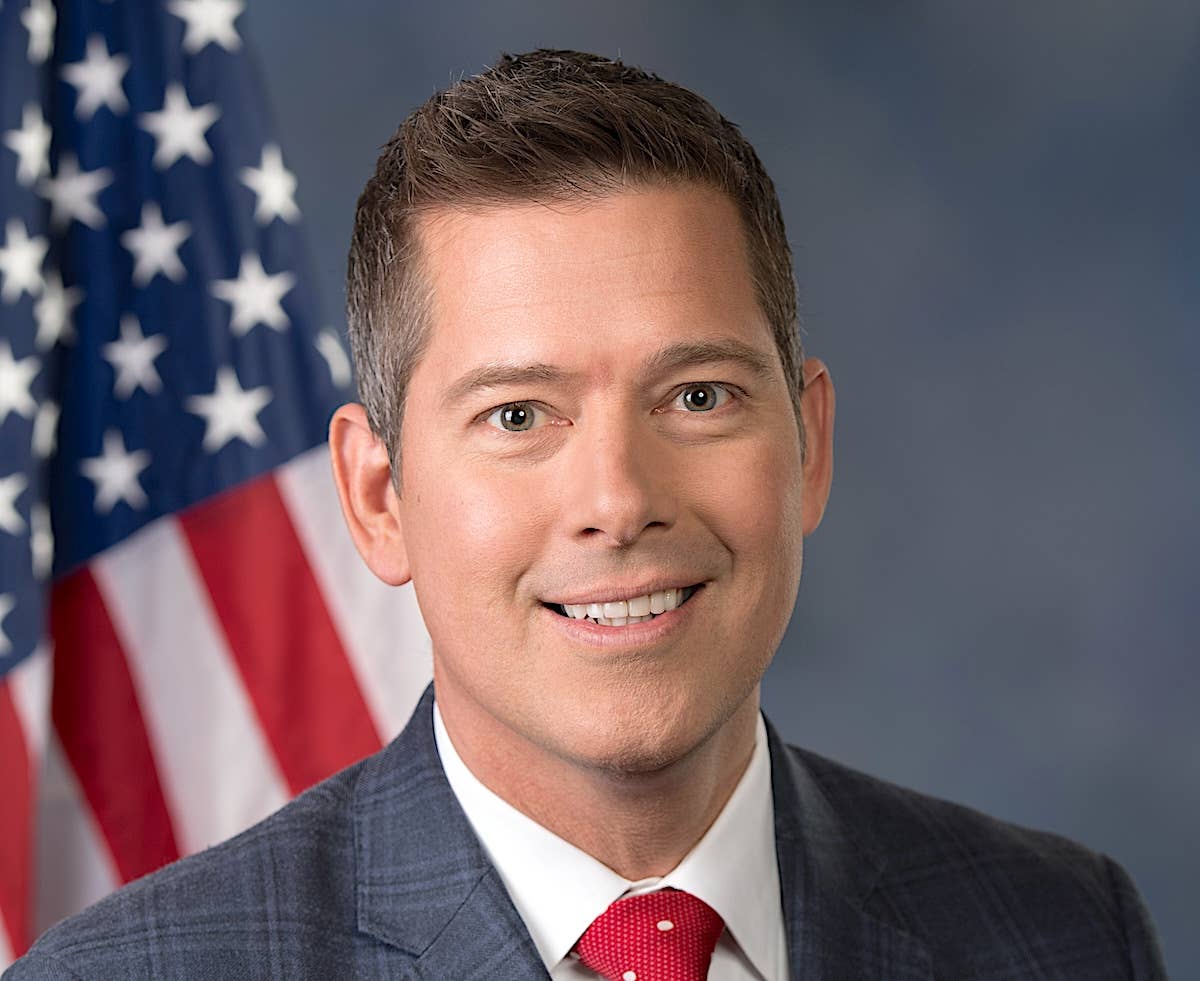Avgas Issue Comes To A Head And It’s About Time
It looks like the courts will decide which fuel we end up with and when.

We attend so many different types of events at AirVenture that my colleagues and I have learned to never be surprised at what one might yield. Some of the most seemingly insignificant events have resulted in some of the best stories. Still, some things look like a sure thing and the event held last year by the Eliminate Aviation Gasoline Lead Emissions (EAGLE) to discuss next steps in the quest for a high-octane unleaded avgas had all the hallmarks of a meaty story in a show that had been light on news.
As we all filed into Theater In The Woods, something seemed odd. There was a crackle in the air that seemed out of place. AirVenture is a happy and laid-back experience, and the atmosphere in that bucolic setting seemed different from that. I thought we might get something interesting out it and we should have. We were just looking in the wrong place.
Looking back on it, I believe the uncomfortable ramblings of the EAGLE representatives and their curiously defensive posture was their anticipation of what happened this weekend. George Braly, the brilliant, enigmatic small-town Oklahoma engineer and lawyer who created what could be a viable unleaded replacement for 100LL, is poised to seriously disrupt EAGLE's deliberate plan to ease general aviation into a lead-free future and even Braly himself didn't see this coming I don't think.
EAGLE, which has representatives from the FAA, alphabet groups and industry, was formed to ensure an orderly transition to an eventual lead-free fuel. The main impetus was to create a credible structure and process so that environmental groups, civic and state governments and aviation organizations would have a place to look for progress on removing the last source of exhaust pipe lead from the planet.
The idea was to prevent those entities from enacting laws or regulations that would prevent pilots from getting the 100LL they needed while the new fuel was being developed. EAGLE said it could be done by 2030. Braly said he'd already done it and he wasn't going to wait for all the endless meetings, studies and reports to embrace the breakthrough he had already made.
His G100UL had already been approved by the FAA and an STC granted for every spark ignition engine in use in certified aircraft in the U.S. A similar STC for rotorcraft is in the final stages of approval. George told the crowd they didn't need to wait seven years. The fuel was already available. Remember the last word of that sentence. It gets really important.
So why not just fold up the EAGLE tent and get to work on getting G100UL to the masses? Braly has some theories on that, but the main reason seems to be his unwillingness to work with ASTM International, a nonprofit standards organization that, well, sets standards for just about everything we come in contact with in modern life. Braly has his own reasons for not going near ASTM and he has no intention of letting them anywhere near his fuel.
Meanwhile, G100UL is a finished product ready for general use according to Braly and, apparently, the FAA. Braly says it can be made in existing facilities, handled by existing transportation, storage and dispensing equipment and is better for aircraft engines of all types. He has resolved to get it to market without blessing from ASTM and, if necessary, EAGLE. Those wheels were set in motion with a licensing agreement reached with Vitol Aviation to produce the fuel at facilities in New Orleans and Houston, and G100UL should be produced in commercial quantities in the next few months.
The question that arose over the Presidents' Day weekend was whether making thousands of gallons of fuel makes it "commercially available." That's important because the term is fundamental to a nine-year-old legal settlement in California that has been agreed to by virtually every avgas seller in the state. The resulting consent order with the Center for Environmental Health compels the FBOs and other retailers to replace 100LL with any fuel that has less lead in it as soon as it becomes "commercially available." CEH's lawyer says G100UL now fulfills that condition and has sent a letter to every signatory to that consent order to warn them to make the change imminently.
It's a huge deal for Braly because if the consent order holds it means he has an instant customer base for millions of gallons of fuel. That would give him the economic basis to expand nationwide, and it's likely that any legal objections to getting the lead out of avgas would be swept aside in the process. About 180 million gallons of 100LL are sold each year. It's a tiny fraction of the amount of automotive gasoline that is sold, but it's still a big business by any measure.
But according to Swift Fuels CEO Chris D'Acosta, the lawyer letter is baseless because G100UL doesn't have the ASTM stamp. Swift and a partnership between Lyondell and VP Racing are the two other contenders to create a 100LL replacement, but both their fuels are still under development. Both will have the ASTM stamp when they're done, however.
D'Acosta claims ASTM approval is fundamental to selling any kind of fuel because the whole industry is set up to rely on it as a quality and performance standard. He says if G100UL doesn't have it, the industry, particularly the insurance industry, won't accept it. Therefore, he said, it's not "commercially available" and the consent agreement doesn't apply. D'Acosta also said the FAA doesn't have the final say in all of this, and I'm wondering if the FAA, which is used to having the final say in everything it touches, would agree with that. I'd ask but there's no way I would get an answer over the long weekend. I'm also curious to see what the FBOs have to say, but that's going to have to wait until Tuesday as well.
Looking back on the Theater in the Woods event, I remember the main story that media latched onto was that EAGLE member Pete Bunce, of GAMA, said the "market would decide" which fuel(s) would actually get into airplane tanks. Unfortunately, it looks like the courts will decide that and we'll be hearing a lot about "commercial availability" in the next year.
Meanwhile, all across the country, anti-airport forces are using the perceived threat from leaded avgas as specious justification for converting their local airports into neighborhoods, commercial areas and industrial parks, and it seems to be working. So, the sooner we get this thing sorted out the better. Lead in avgas has historically been a red herring issue in anti-GA movements, but it's gaining credibility as a reason to close airports and restrict aviation activity. If nothing else, the events of the last couple of days should put some focus on the issue and get some movement on it sooner rather than seven years later.






